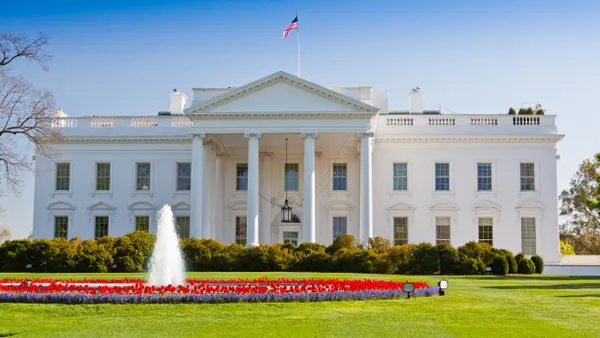As tensions rise between U.S. tech companies and European regulators, major platforms like Meta, X (formerly Twitter), and LinkedIn are reportedly seeking support from former President Donald Trump to push back against escalating EU-imposed penalties. With the EU increasing enforcement under its Digital Services Act (DSA) and Digital Markets Act (DMA), Big Tech is aiming to leverage political influence to avoid further regulatory fallout.
Why Big Tech Is Alarmed
In recent months, several U.S.-based platforms have been fined or scrutinized by European watchdogs:
- Meta faces a hefty €1.2 billion fine for GDPR violations.
- X is under DSA investigation in France for moderation failures.
- Apple, Google, and others are being assessed for alleged non-compliance with DMA gatekeeper rules.
These actions have intensified industry concerns about the future of operating in the EU under increasingly stringent digital laws.
The Trump Factor
Now, some U.S. tech giants are betting on a possible return of Donald Trump to the White House to reset the regulatory landscape.
Trump and his administration have historically criticized European digital taxes and regulations. In past remarks, he labeled EU digital fines as “non-tariff trade barriers,” and has previously threatened retaliatory tariffs on European imports — including up to 25% on smartphones and 50% on cars.
U.S. tech leaders are reportedly hoping that Trump will:
- Exert trade pressure on the EU to soften digital regulations
- Push back diplomatically against what they view as unfair treatment of American companies
- Frame the DSA and DMA as threats to free speech and innovation
Trump-aligned policymakers have already echoed these concerns, with some U.S. State Department officials calling the EU’s regulatory moves “Orwellian.”
Behind the Scenes: Delays & Diplomacy
There are signs that political calculations are already influencing regulatory timelines:
- The EU’s DSA investigation into X has reportedly been delayed — some speculate this is to avoid escalating tensions with the U.S. ahead of possible trade negotiations.
- Internal EU documents suggest that regulators are aware of the geopolitical sensitivity and potential backlash from the U.S.
So far, no formal response from Trump or current U.S. officials has materialized. But Big Tech firms are hoping that a Trump victory in November will lead to direct intervention, potentially in the form of trade negotiations or threats of tariffs to curb European enforcement.
What’s at Stake
| Stakeholder | Interest |
|---|---|
| U.S. Tech Companies | Avoid growing fines, preserve platform autonomy |
| EU Regulators | Enforce digital sovereignty, protect citizens’ data and rights |
| Trump & Allies | Use regulation disputes as leverage in broader EU–U.S. trade policy |
| Global Internet Users | Impacted by how global platforms adapt to diverging regulatory regimes |
Industry Implications
This standoff could reshape not only transatlantic trade relations but also global digital governance. Key potential outcomes include:
- Trade-linked tech diplomacy: If Trump returns to office, expect digital regulation to become a core trade issue.
- A divided internet: The regulatory gap between the U.S. (light-touch) and EU (protection-focused) may widen, leading to platform fragmentation.
- Political alignment: Platforms may align themselves with leaders who are more favorable to deregulation—raising concerns about political influence over platform policies.
Bottom Line
U.S. tech giants are bracing for stricter European oversight and increasingly looking toward Donald Trump as a potential shield. While the EU continues to push for tighter control over digital platforms, American companies are hoping that U.S. trade pressure—possibly led by a second Trump administration—will turn the tide.
Until then, all eyes are on Brussels and Washington as Big Tech, global diplomacy, and digital rights collide.



